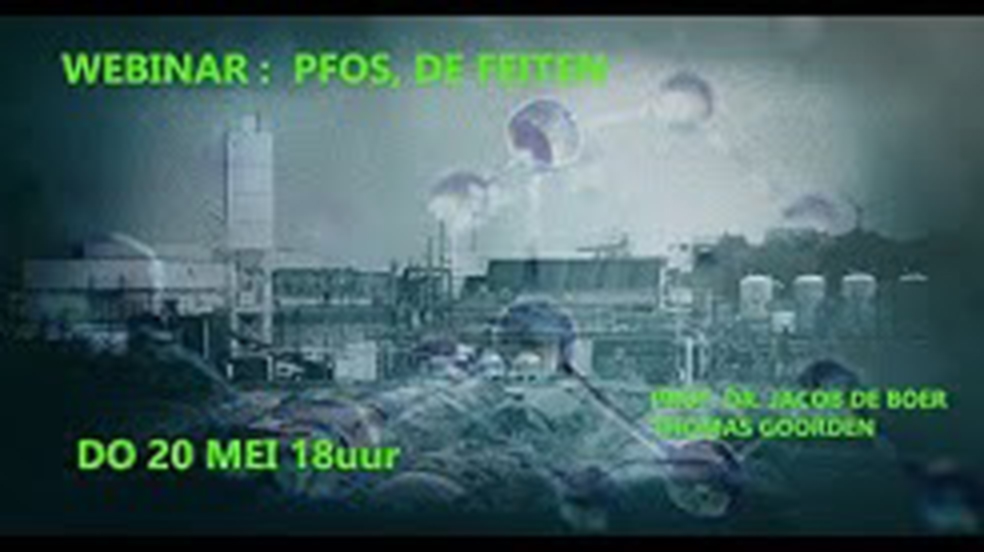05.02.2025 | Grondrecht
Opinie door Toon Penen, bezorgde inwoner van Zwijndrecht en lid van Grondrecht vzw
De sanering van de door PFAS vervuilde gronden in Zwijndrecht is een noodzakelijke stap, maar de manier waarop dit nu dreigt te gebeuren, stelt ons als burgercollectief voor grote zorgen. 3M stelt voor om de vervuilde grond niet uitsluitend op erkende stortplaatsen te bergen, maar om delen ervan te verwerken in bermen, dijken en ophopingen. Dit is geen oplossing, maar een verplaatsing van het probleem naar toekomstige generaties.
OVAM heeft gefaald in haar verantwoordelijkheid
Het capaciteitstekort op stortplaatsen in Vlaanderen is geen recent probleem. OVAM weet al jaren dat de stortcapaciteit onder druk staat, mede door grote infrastructuurprojecten zoals Oosterweel. Toch heeft de instantie geen structurele oplossing gezocht om voldoende ruimte te voorzien voor Vlaams afval. Dit tekort wordt nu misbruikt als excuus om een gevaarlijke en juridisch betwistbare route te bewandelen: het verspreiden van PFAS-houdende grond in deze bermen, dijken en ophogingen.
Een juridisch onhoudbare oplossing
Het Europees recht is duidelijk: hergebruik van gevaarlijk afval is enkel toegestaan als er geen risico is voor mens en milieu. Advocaat omgevingsrecht Isabelle Larmuseau stelt terecht dat de voorgestelde oplossing flagrant in strijd is met de Europese regelgeving. PFAS is een groep ‘eeuwige chemicaliën’ die zich makkelijk verspreidt via lucht, water en bodem. Het verwerken van deze gronden in bermen houdt een reëel risico in op verdere verspreiding en langdurige blootstelling.
Daarbovenop loopt de juridische basis voor het tijdelijk handelingskader PFAS in Vlaanderen op zijn laatste benen. De auditeur van de Raad van State heeft recent geadviseerd om dit kader te vernietigen wegens te lakse normen. Toch blijft OVAM zich beroepen op deze wankele regelgeving om een gevaarlijke strategie door te drukken. Dit getuigt van kortzichtig beleid dat niet het milieu, maar eerder de saneringsplichtige beschermt.
Echte sanering betekent veilige berging
De enige juiste aanpak is het storten van de vervuilde grond op erkende stortplaatsen met de hoogste veiligheidsnormen, en de maximum capaciteit gebruiken om de PFAS-vervuiling op een verantwoorde manier te vernietigen via verbranding. Dit betekent dat de Vlaamse overheid dringend werk moet maken van het uitbreiden van de stortcapaciteit. De verantwoordelijkheid om vervuilde gronden veilig te bergen mag niet afgewenteld worden op de bevolking door deze in onze leefomgeving te verwerken.
Grondrecht vzw roept OVAM en de Vlaamse regering op om hun verantwoordelijkheid te nemen. Geen halve maatregelen, geen verspreiding van PFAS onder het mom van ‘engineered solutions’. Dit is geen sanering, dit is een uitstel van het probleem dat de gezondheid van burgers en het milieu in gevaar brengt. Wij eisen een oplossing die de toekomstige generaties beschermt, niet opzadelt met de gevolgen van een falend beleid.


